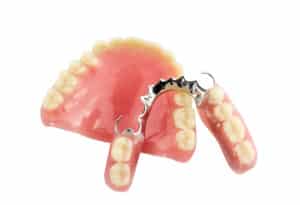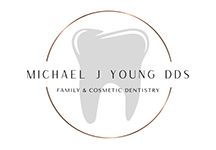 Losing multiple teeth can cause embarrassment. In addition, you can have trouble eating, communicating clearly, and develop health complications as a result of tooth loss. In order to restore your missing teeth you may need a dental prosthetic. What type of denture do you need? What are the benefits of replacing your missing teeth?
Losing multiple teeth can cause embarrassment. In addition, you can have trouble eating, communicating clearly, and develop health complications as a result of tooth loss. In order to restore your missing teeth you may need a dental prosthetic. What type of denture do you need? What are the benefits of replacing your missing teeth?
Try Our Dentures Quiz
- True or False: Tooth loss impacts oral health.
- True or False: Partials don’t replace every tooth.
- True or False: Full dentures are held in place with suction.
- True or False: You can receive implant-retained dentures.
Answer Key
- True. Losing a tooth can lead to misalignment as teeth drift as a result of the gap in your smile. In addition, tooth loss can also place pressure on the jaw joints, boosting the risk of TMJ disorder or bruxism (teeth grinding). Eventually, losing one or more teeth increases the risk of further tooth loss and endangers your oral health further.
- True. A partial replaces multiple lost teeth spread across an arch. We recommend them for those missing several tooth that don’t yet need a full prosthetic. There are replacement teeth and a base that resembles natural gum tissue. They also have metal clasps that attach to the remaining natural teeth to anchor the new in place.
- True. A full prosthetic consists of a full row of teeth and can replace the teeth on one or both arches. The new teeth sit in an acrylic base designed to mimic the appearance of gum tissue. They are held in place with suction or possibly the assistance of an adhesive.
- True. If you prefer a non-removable alternative to traditional dentures, we can secure them with multiple dental implant posts. Fixed dentures don’t slip when you eat or speak and don’t need to be removed for cleaning or soaking.



